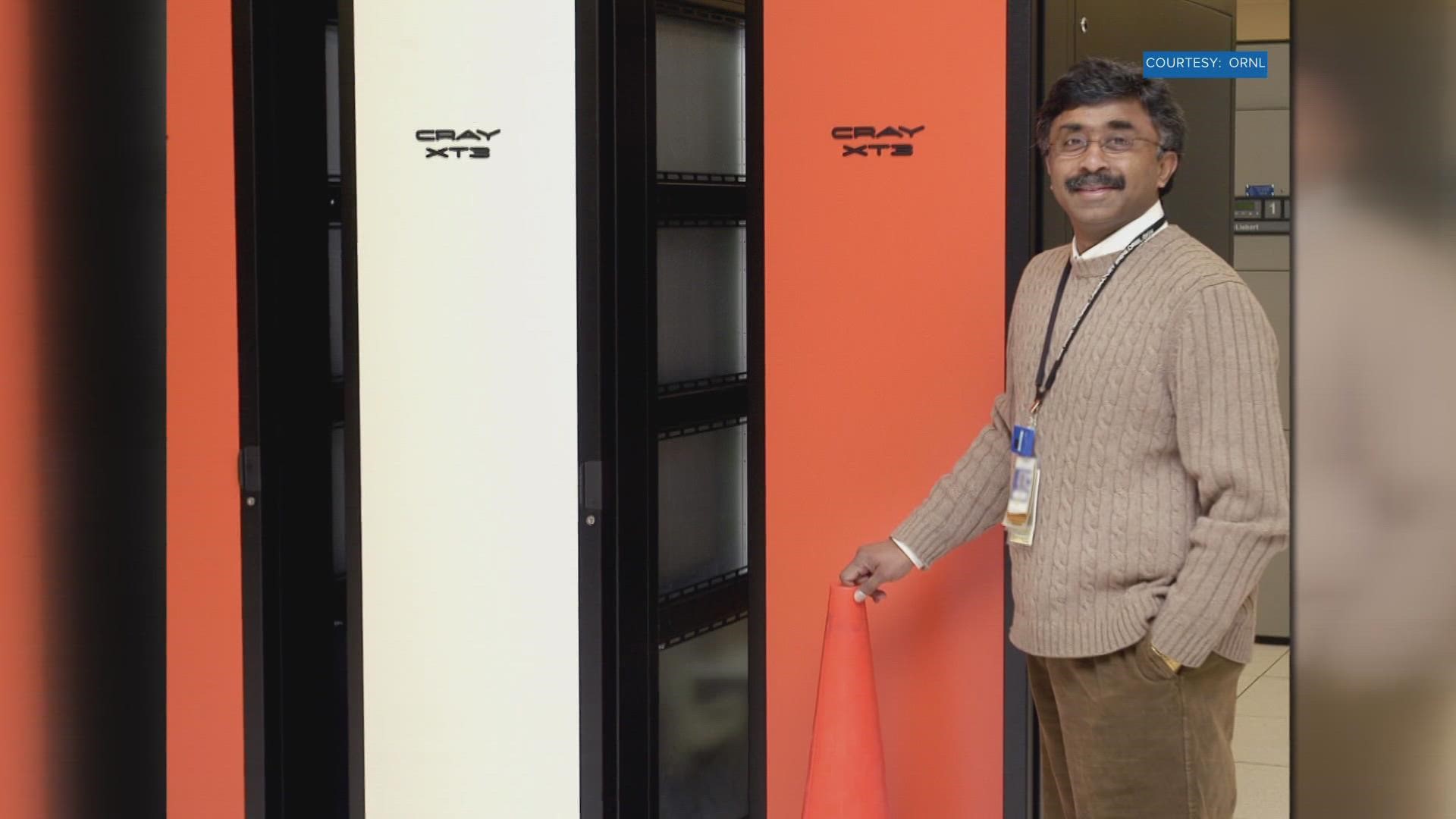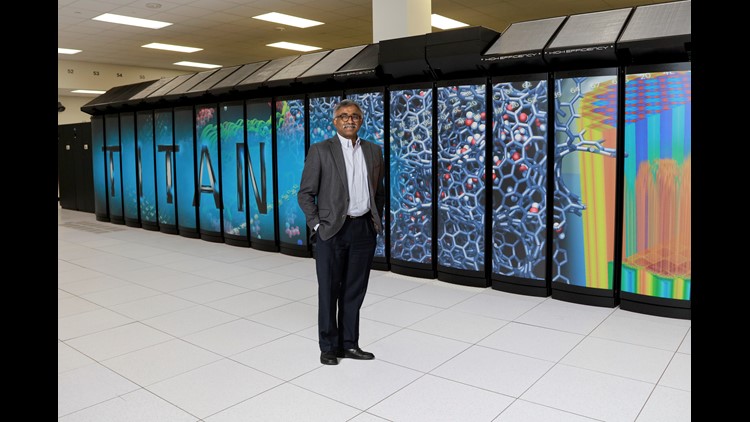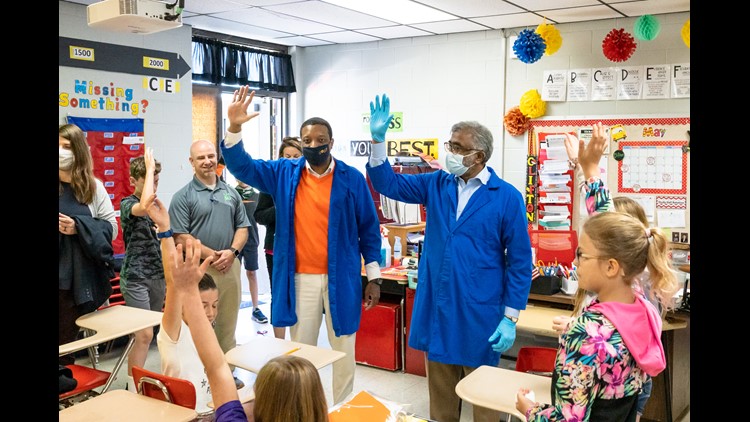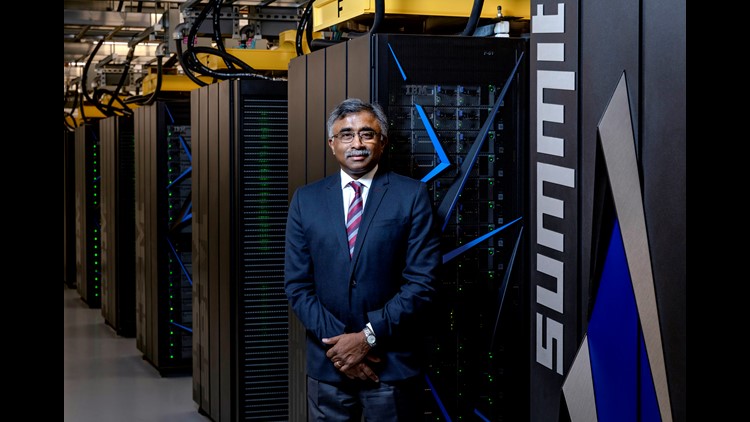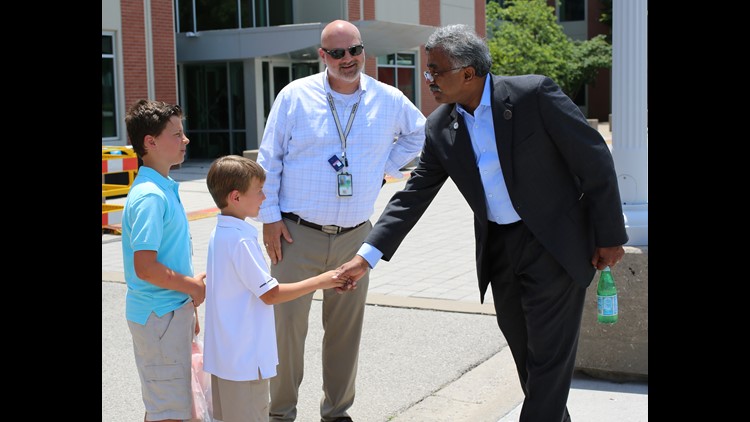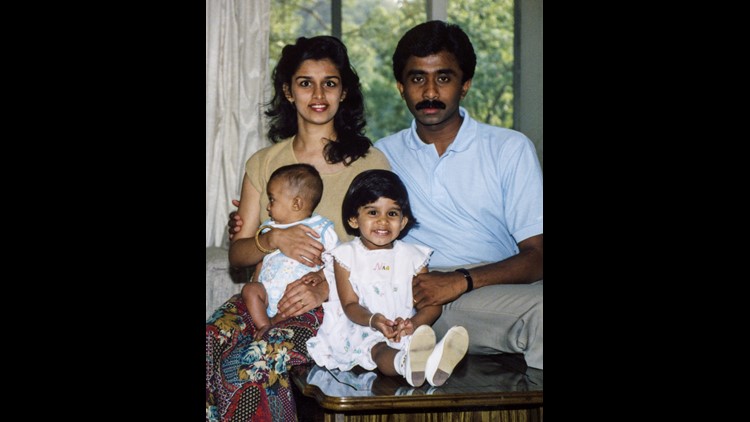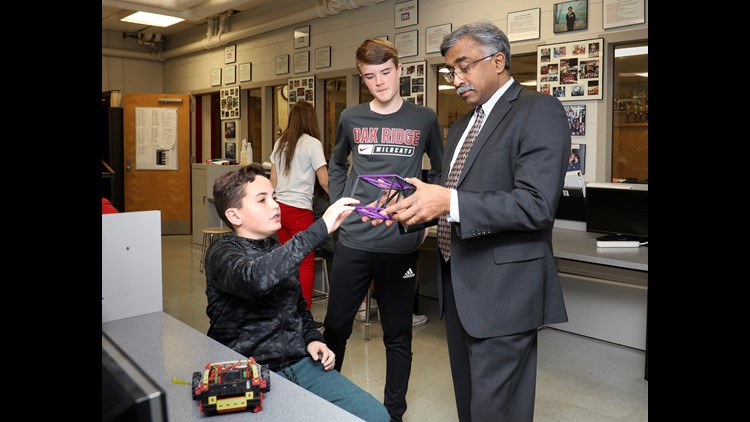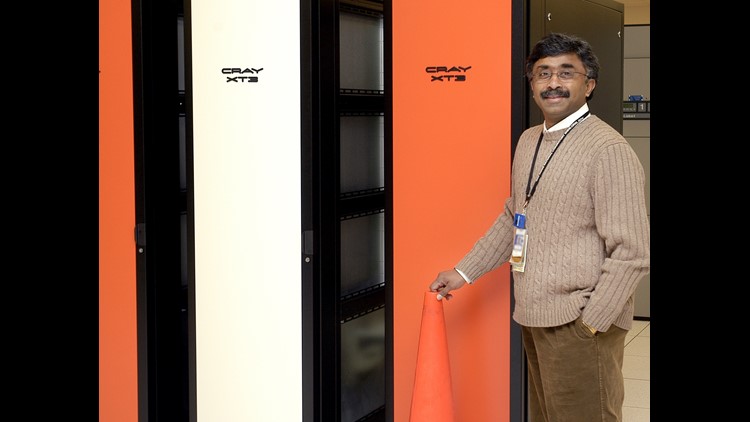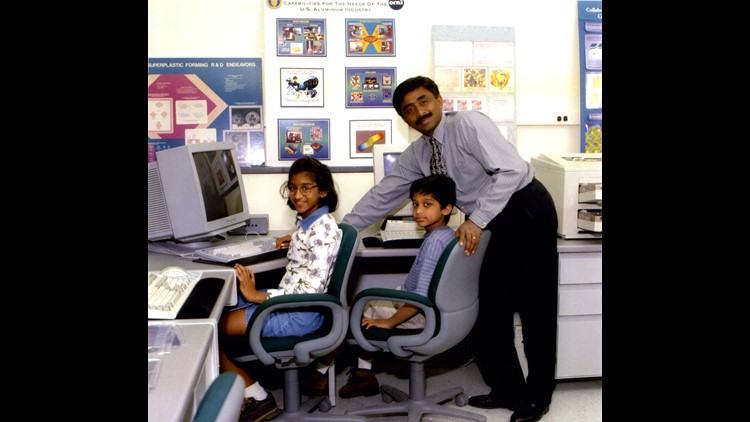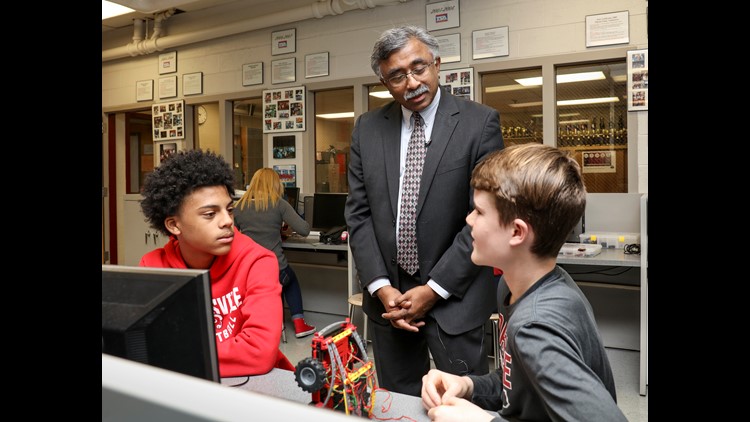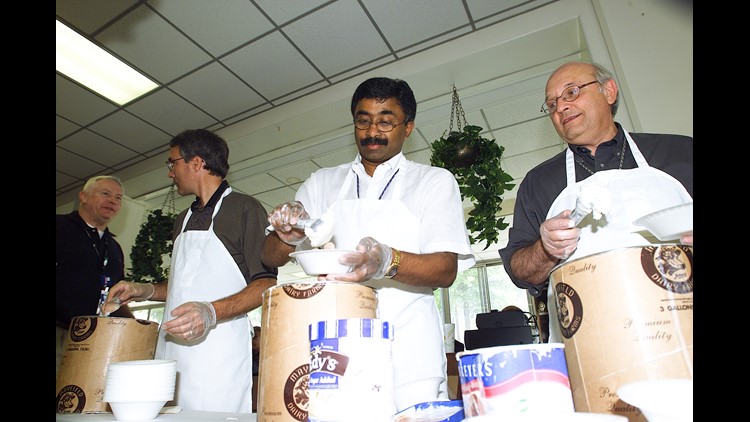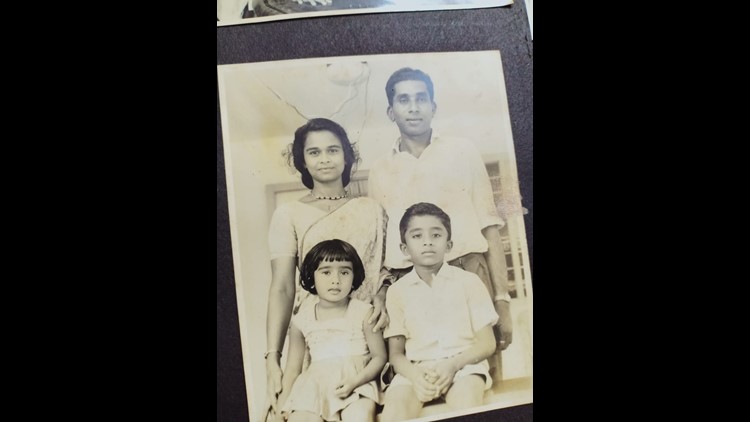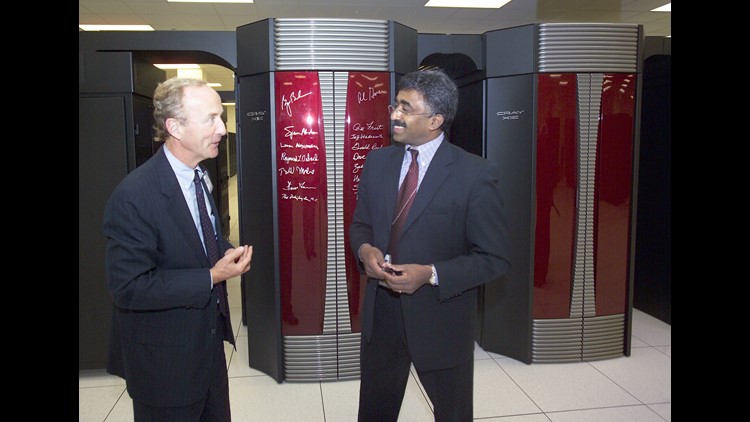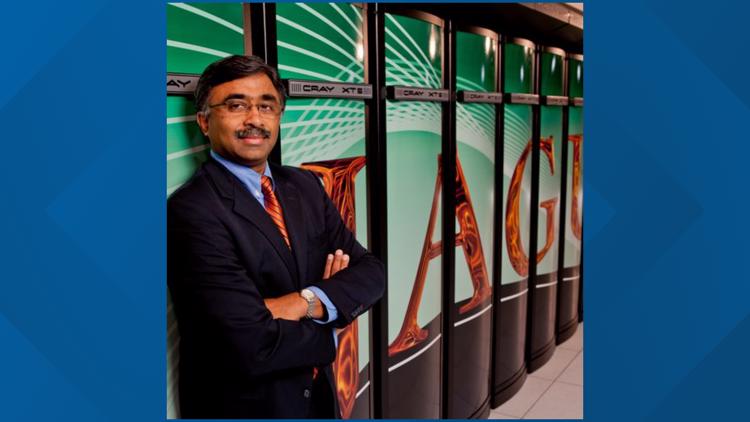KNOXVILLE, Tenn. — As Thomas Zacharia looks on at "Frontier," the world's fastest supercomputer housed at Oak Ridge National Lab, he can’t help but brag like a proud parent.
"This is an engineering marvel to put this thing together," he said.
The director of the national lab compares "Frontier" to a time machine that will revolutionize our everyday lives from laptops to vehicles and beyond.
"It allows us to explore the world roughly about 20 years from now and shape the evolution of the world," said Zacharia.
Science is his passion. But after 35 years at Oak Ridge National Lab – 5 of those as executive director – Zacharia said it’s time to step aside. He will be retiring at the end of 2022.
"I do not have a hobby so either I have to develop a hobby or figure out a way to use my experience and my knowledge and continue to serve the nation and the community," he said.
The 65-year-old first answered the call to service more than four decades ago, 8,000 miles away in his native home of India.
He was born into a family business but this "accidental scientist," as he calls himself, wanted to explore the world. Zacharia's father agreed to let him travel to America to get his master's degree on one condition: that he attend Ole Miss. That’s because the only person his father knew in the U.S. was a professor at the Mississippi university.
With a plane ticket in hand and $8 in his pocket, Zacharia studied engineering and learned even more about American culture and people during his time there.
"The fact that you are treated with respect and for you as an individual left a huge impression on me that and that led to me continuing to do my Ph.D. and ultimately led to me being here," he said.
An opportunity to come to Oak Ridge as a post-doctoral fellow blossomed into a three-decade career at ORNL. The mechanical engineer and expert in material science oversaw the development of a series of supercomputers, grew a partnership with the University of Tennessee, and expanded the work underway at the national lab.
"We have grown from about 3,500 staff to about 6,000," he said. "That is significant growth. We have also grown from about $1.6 billion lab to about a $2.3-to-2.4 billion laboratory."
His proudest career achievement, his legacy, is a quick two-word answer: “The people.”
Thomas Zacharia prepares to retire as ORNL Director after nearly 4-decade career
"If you go back to the Manhattan Project, people came here. And they were part of something that was bigger than themselves. The ethos of doing something bigger than yourself still lives in this laboratory," he said.
What’s next for this scientist is uncertain. He does plan to spend more time with family and his first grandchild. But he is certain that this lab, hidden in the hills of East Tennessee, will continue to be a leader in new-age science helping shape our world.
"I am proud of the contributions and the changes we have made and there is much work to be done. I know the next person who comes into this role will continue to move this institution forward," Zacharia said.

